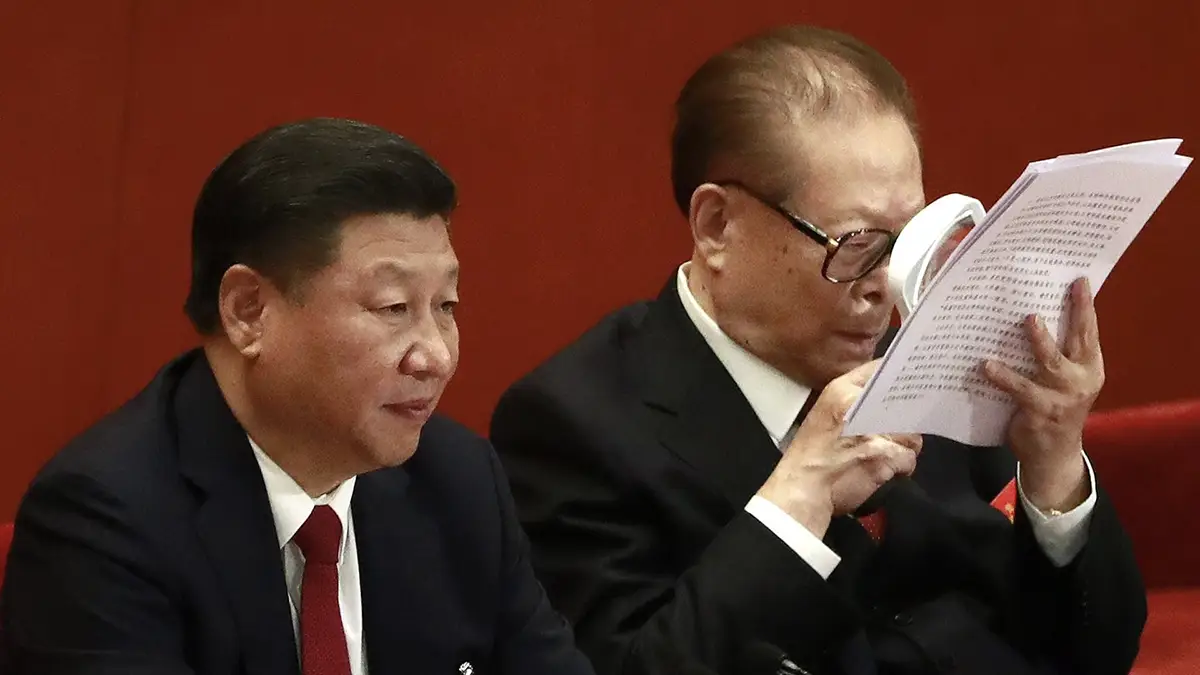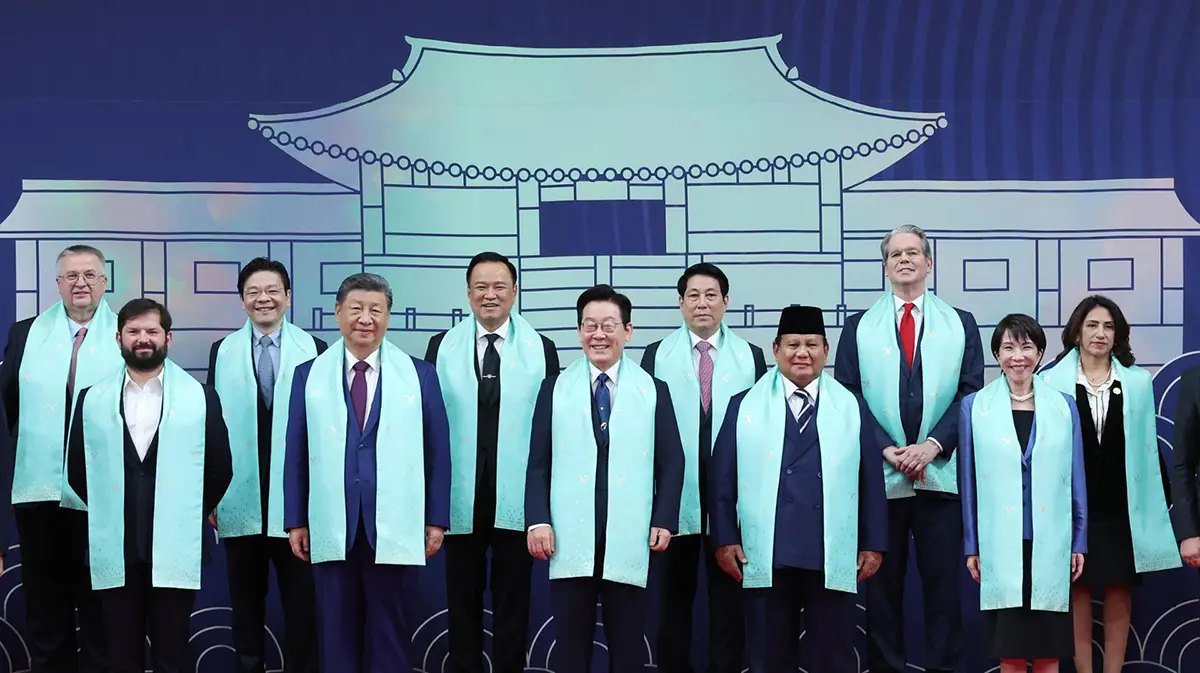As geopolitical tensions in Eurasia remain high and the possibility for military action grows increasingly plausible, a set of diplomatic talks are underway this week, scheduled as a means of confronting issues head on. The most important event is bilateral talks between Russia and the United States through an extraordinary form of the Strategic Stability Dialogue (SSD) format on January 10. A January 12 session of the NATO-Russia Council and a January 13 meeting of the Permanent Council of the Organization for Security and Co-operation in Europe (OSCE) have also been scheduled to round out the flurry of diplomatic activity.
Many observers are quite pessimistic about the opportunities presented at these meetings. Russia has been building up a considerable military presence along the Ukrainian border for almost a year and has made it clear that it is considering military action. Furthermore, the recent treaty proposals presented by the Russian Ministry of Foreign Affairs in December contained so many non-starter arrangements that the Russian side’s seriousness about diplomatic solutions is in doubt.
Given this situation, what are the prospects for progress in these talks? With relations at a serious nadir once again, expectations are similarly limited in vision and scope. It is unlikely that NATO will be formally budging on either the Open Door policy or Article 10, nor will Russia foreswear its vision of a partial sphere of influence in the post-Soviet space.
That being said, there are three plausible points of hope for constructive dialogue and a degree of measured, diplomatic success—Russian diplomatic acquiescence to a U.S. gambit to stall for time, the siloization and decoupling of issue areas that may allow for greater subsequent progress outside of a “grand bargain” framework, and Russian willingness to engage forthrightly on arms control agreements regardless of other, continued points of geopolitical tension.
Kicking the Can Down the Road as a Diplomatic Success
The most important point of progress in the talks will simply be their continuation beyond these initial meetings. The proximate cause of this round of diplomatic activity is the Russian military buildup and credible threats made against Ukraine, as well as the formal treaty overtures that Moscow has proposed. From this vantage, the extraordinary SSD meeting is the primary locus for assessing the seriousness of the Russian proposals and Russia’s willingness to invest in genuine, negotiated means to achieve their goals. Follow-on talks at the NATO-Russia Council and the OSCE will be better tests of Russia’s wider approach and the degree to which it accepts the U.S. rejection of a grand bargain format, but the SSD will tell us a great deal about fundamental questions of key diplomatic intent.
This is no mean feat, considering the very real possibility of direct military action, which some observers suggest could take place in the weeks and months after this round of scheduled talks. In this sense, “kicking the can down the road” is a successful diplomatic outcome insofar as new talks are scheduled immediately after meeting and further diplomatic interactions are expected. Failure on this count would increase the likelihood that Russia is indeed not coming to the table in good faith and would further undermine the American diplomatic approach during these critical months.
Siloization of Issues and the Problem of “Nothing About You Without You”
Aside from avoiding further escalation by way of engaging in extensive, iterated diplomacy, a second domain of possible progress comes from the procedural elements to the talks. Given the non-starters that Moscow’s brusque and obviously provocative treaty proposals amounted to, dividing the broad package of interlinked proposals into smaller, more manageable sets of debatable issues is the only productive means that the U.S. has to engage Russia in good faith. In this way, a “siloization” process, whereby different diplomatic formats strictly delineate what is permissible to discuss and what must remain off the table or resigned to a procedurally distinct setting would be a good sign of modest, basic progress on the U.S. side.
This approach is already evident in Washington’s preparation for the SSD talks in Geneva. The U.S. has made clear in the last several days that it will not discuss anything that involves NATO as an organization or its individual member-states and partners. This “nothing about you without you” approach is a tactic designed to parcel out issue areas at a fine-grained level and avoid expectations of a grand bargain emerging from a bilateral engagement. If this approach is allowed to proceed, and Russia decides not to publicly raise its ire at seeking the siloization of issues, then we can consider this approach diplomatically successful as well, as it could potentially lower the stakes for the continued confrontation.
Arms Control as a Bright Point in a Dour International Environment
Finally, while the first two areas of potential progress can be fundamentally characterized as process-based (that is, talking for the sake of avoiding further degradation of relations and ensuring that issues are properly parceled out across formats to avoid grand bargain expectations), there is one concrete area in which actual developments may occur: the realm of arms control arrangements, concerns about which predate the current Ukraine border crisis and have already been established through diplomatic formats such as the SSD.
The extraordinary use of the SSD format as cover for bilateral U.S.-Russian negotiations over Ukraine is potentially quite negative for arms control, as it delays regular SSD meetings about the status of New START and other arms control treaties. As these negotiations are highly technical, time-consuming, and politically fraught even in days of better relations, there may be genuine worry that some element in these talks must be salvaged for arms control purposes, simply to keep the negotiations rolling even as other issue areas become too tense to touch. In this way, it is possible—although unlikely—for specific arms control discussions to progress even as other elements of these talks go nowhere or otherwise falter.
The Diplomatic Ball is in Moscow’s Court
This brief survey suggests that hope for a breakthrough or sense of progress is unlikely in the immediate term. The military and diplomatic escalation has been entirely unilateral on the part of Moscow, and in many ways, these talks are hard tests of whether Russia is seriously looking for diplomatic solutions to its grievances and concerns. In a very simple and direct sense, if Russia does not wish to engage in good faith, these talks will not prove to be fruitful.
Insofar as Moscow decides otherwise, we will need to understand diplomatic progress in terms of process rather than substance. The goal here is to get Russia to engage diplomatically and delay military action, not to solve the crisis overnight. Indeed, any policy-heavy expectations for the meetings are ones that go well beyond wishful thinking. There are hard limits on prognostication, however – these talks have a wide band of uncertainty in outcome, from insincere talks that are pro forma or even set-pieces further legitimizing the current casus belli to genuine engagement as a substitution for military action. Much of this variation simply depends on decisions made entirely on the Russian side. At the same time, however, we are also likely to know quite quickly whether any of these items have borne fruit, as these core decisions will have obvious and observable implications that will unfold over the coming months.



